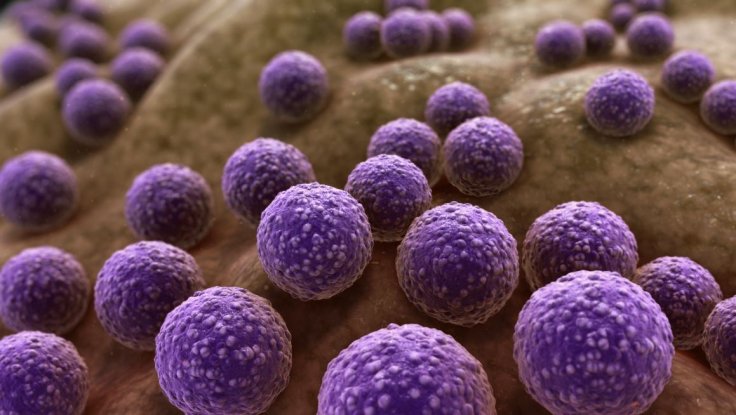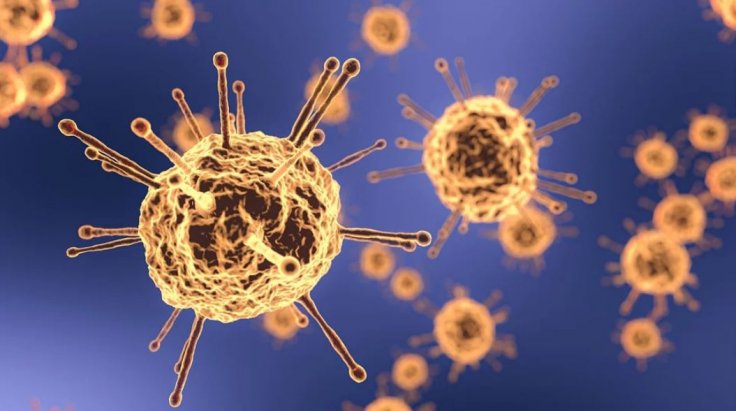Antimicrobial resistance is a growing concern among the medical fraternity. A new class of pathogens known as 'superbugs', that are notoriously hard to destroy, have risen due to this resistance. However, a new study shows that a natural antibiotic, teixobactin, can play an important role in the fight against superbugs, and treat secondary infections in COVID-19 patients, and tuberculosis.
According to researchers from the University of Melbourne, teixobactin, was found to be effective against a superbug known as methicillin-resistant S. aureus (MRSA). Highlighting the importance of the findings, Tony Velkov, co-author of the study said, "These novel results will open doors to develop novel antibacterial drugs for the treatment of multi-drug resistant Gram-positive infections – bacteria with a thick cell wall – which are caused by certain types of bacteria."
Drug of Immense Potential

Teixobactin was discovered in 2015 by a team from Northeastern University in Boston led by Prof. Kim Lewis. It destroys bacteria by binding to certain lipids that are vital precursor molecules for the formation of the cell walls. It is known to destroy bacteria such as Mycobacterium tuberculosis and Staphylococcus aureus.
In the current study, the researchers explain how Teixobactin acts against a superbug strain of Staphylococcus aureus known as methicillin-resistant S. aureus (MRSA). The bacteria is known to cause several infections in human beings that a difficult to treat with conventional antibiotics. In addition to this, it also causes post-viral secondary bacterial infections such as chest infections in COVID-19 and influenza patients.
Potent Action Against the Superbug

For the study, the scientists synthesized a part of the drug to produce a specific compound. While MRSA was resistant to methicillin, the new compound exhibited potent efficiency against the superbugs. Dr. Maytham Hussein, co-author of the paper, however, cautioned that permanently neutralizing MRSA is a difficult task as developing resistance against antibiotics was part of the bacteria's evolutionary trait.
"The rise of multidrug-resistant bacteria has become inevitable. These bacteria cause many deadly infections, particularly in immunocompromised patients such as diabetic patients or those with cancers, or even elderly people with post-flu secondary bacterial infections," Dr. Hussein said.
Overcoming the Resistance Mechanism
Vancomycin-based antibiotics are often prescribed for bloodstream infections, bone and joint infections, endocarditis, severe skin infections, and MRSA-caused meningitis. However, resistance to this class of antibiotics is not unheard of.
The team of researchers from the University of Melbourne has the distinction of finding that teixobactin showed remarkable suppression of mechanisms that led to resistance towards Vancomycin-based antibiotics.
"Bacteria often develop resistance towards antibiotics within 48 hours after exposure. The bacteria failed to develop resistance towards this compound over 48 hours," Velkov explained. This finding can pave the way for new treatment of lung infections. Velkov added that these results can provide a positive push in the direction of the pre-clinical development of teixobactin.









